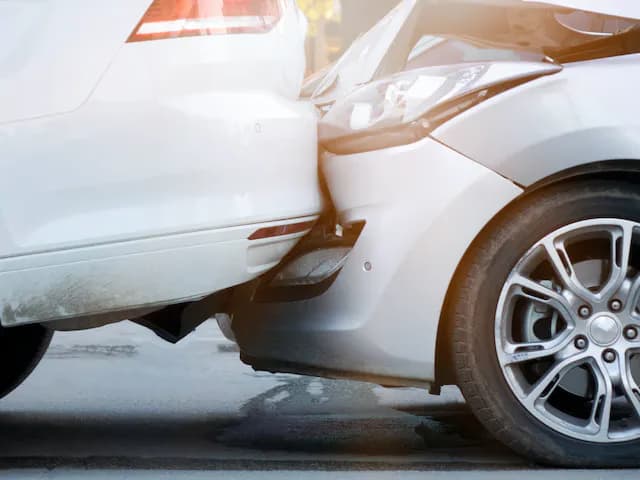
June 7, 2023
Auto Insurance
Collision vs Comprehensive Insurance
When it comes to insuring your vehicle, understanding the various types of coverage is essential. Two common forms of auto insurance are collision insurance and comprehensive insurance. While both cover damages to your vehicle, they differ in terms of the specific scenarios they protect against. It’s important that you fully understand the differences between collision insurance and comprehensive insurance, to help you make informed decisions about the coverage that best suits your needs. Also, note that each insurance policy is different, and offers varying types and degrees of coverage. This article is only intended as a general guide to the differences in these types of coverage. Your actual policies may be different, so please talk to an insurance agent.
Collision Insurance: Protection for Vehicle Collisions
Collision insurance is designed to cover damages to your vehicle resulting from collisions with other vehicles, objects, or sometimes even rollovers. This coverage usually comes into play when you are at fault in an accident or in situations where no other driver is responsible for the damages. Collision insurance can help pay for repairs or provide a cash payout to replace your vehicle in the event of a total loss.
Key Features of most Collision Insurance:
- Coverage for Vehicle Collisions: Collision insurance can provide protection when your vehicle collides with another vehicle or object, regardless of fault.
- Repairs and Replacement: If your vehicle is damaged in a collision, collision insurance can cover the cost of repairs or provide compensation for the current market value of the vehicle if it is deemed a total loss.
- Deductible: Like most insurance policies, collision coverage typically has a deductible, which is the amount you must pay out of pocket before the insurance coverage kicks in.
Comprehensive Insurance: Coverage Beyond Collisions
Comprehensive insurance can provide coverage for a wide range of non-collision-related damages to your vehicle. This can include damage or loss caused by events such as theft, vandalism, natural disasters, falling objects, fire, and animal collisions. Comprehensive insurance can offer protection against unpredictable events that are beyond your control.
Key Features of most Comprehensive Insurance:
- Coverage for Non-Collision Events: Comprehensive insurance can cover damages to your vehicle caused by incidents other than collisions, including theft, vandalism, fire, natural disasters, and animal collisions.
- Repair or Replacement: In the event of covered damages, comprehensive insurance can pay for repairs or reimburse you for the actual cash value of your vehicle if it is a total loss.
- Deductible: Similar to collision insurance, comprehensive coverage typically involves a deductible that you must meet before the insurance coverage applies.
Choosing the Right Coverage for Your Needs
The choice between collision insurance and comprehensive insurance depends on your individual circumstances, risk tolerance, and the value of your vehicle.
If you have a newer or more expensive vehicle, having both collision and comprehensive coverage is advisable. This ensures you have financial protection against a wide range of potential risks, including collisions, theft, and natural disasters.
If you own an older vehicle with a lower market value, you may opt for liability insurance alone, as the cost of comprehensive or collision coverage may outweigh the potential benefits.
Collision insurance and comprehensive insurance are two distinct forms of auto coverage that can protect your vehicle in different scenarios. Collision insurance typically provides coverage for damages resulting from collisions, regardless of fault, while comprehensive insurance can cover non-collision events such as theft, vandalism, and natural disasters.
Understanding the differences between these two types of coverage is crucial in making informed decisions about the level of protection you need for your vehicle. Evaluate your vehicle’s value, your driving habits, and your risk tolerance to determine the appropriate coverage to ensure peace of mind and financial security on the road. And always work with a knowledgeable insurance agent to determine your specific needs and policy’s coverage.
Tag :
Auto insurance







